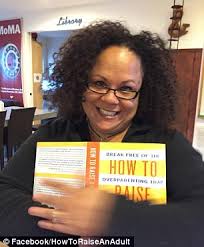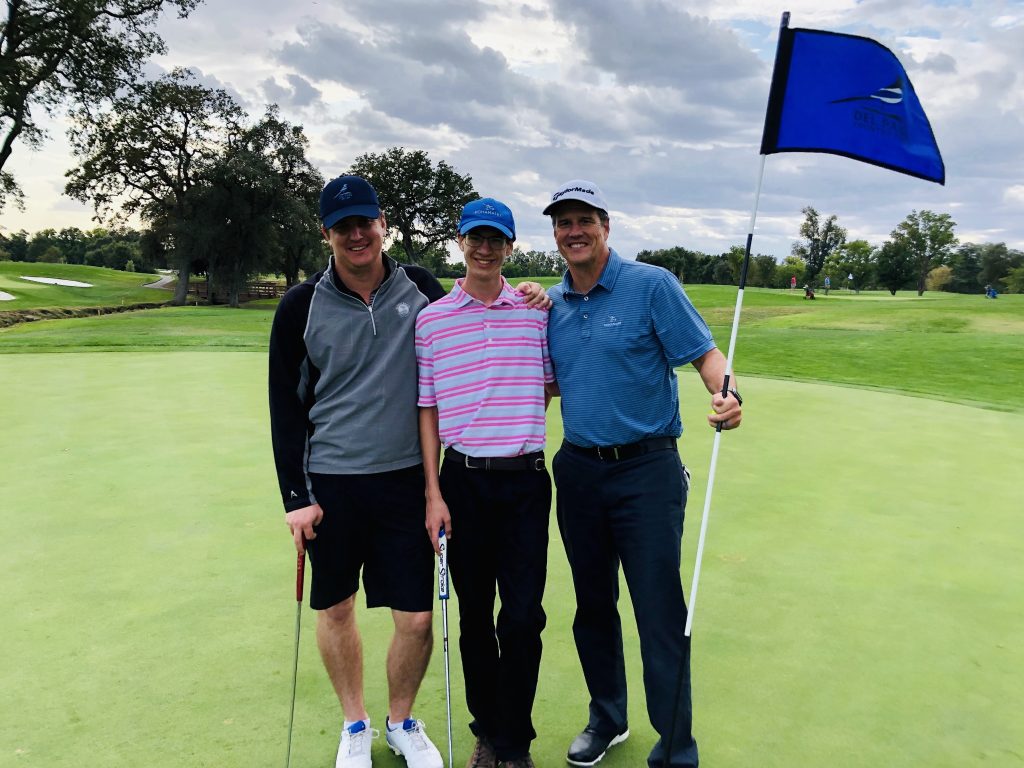April 27, 2016
Twice a year, the superintendents and curriculum leaders from seven high-performing districts across the western United States meet to learn from each other and local experts. One of our themes has been how schools can help students develop into healthy, happy, thinking, and self-reliant adults ready to contribute to our society. We have worked with brain researchers, corporate leaders, and education researchers to help us develop policies and practices consistent with best practices and research.
On our most recent trip to Palo Alto, we heard from Stanford researchers coming at us from different angles on how to help students. Denise Pope as well as teachers in the Stanford Design School spoke about best instructional practices, while Julie Lythcott-Haims helped us to understand best parenting practices. I’m going to focus on parenting for this blog post.
Julie Lythcott-Haims, author of How to Raise an Adult; Break Free of the Overparenting Trap and Prepare Your Kids for Success (2015), has seen the deterioration of self-efficacy among students in one our nation’s most selective universities. While first-generation college students and students from less affluent homes continue to have high skills in the area of self-efficacy, those from more affluent homes do not. One of the primary reasons, says Lythcott-Haims, is that parents just do too much for their children, and they do not let their children do enough for themselves.

Julie Lythcott-Haims
All of us in the Consortium believe this is a message worth spreading. We are talking in depth right now about the concept of self-efficacy – described by Lythcott-Haims as believing in your ability (not your parents) to complete tasks, attain goals, and manage challenging situations.
- Should avoid refereeing our child’s conflicts
- Should avoid chauffeuring our children. (Walking and biking are fantastic!) (I think this is a tough one)
- Should not bring a forgotten item to our child.
- Should never do our child’s homework.
- Should give our child chores that make the household better.
- Should not chart our child’s life. There is no such thing as “my child has to . . .”
- Have a wide mindset about colleges. The counseling department at New Trier HS urges, “College is a match to be made, not a prize to be won.”
- Listen to our kids. Really listen.
- Encourage our kids to have free time/play time/unstructured time
- Lets our children see us enjoying free time/play time/unstructured time
- Don’t stress self esteem for our child; emphasize self-efficacy.
- See if our children can experience “flow.”
- Encourage thinking at home
- Encourage deep and persistent thinking at home
- Let kids speak up for themselves
- Let our children experience mistakes, failures, and curve balls.
One of my favorite moments came while Lythcott-Haims was speaking to all of us in a very public room at Palo Alto High School. Students passing by stopped to listen, and they stayed because her message resonated with them. Several students asked if there was any way that Lythcott-Haims could speak with their parents, because they would love their parents to hear her advice. It was perfect.
Since I have returned from hearing her speak and subsequently reading her book, I have already changed a few things about how I communicate and interact with my 13-year old son. If he doesn’t like it now, he certainly will later on! That’s my story and I’m sticking to it. I’m happy to be continuously learning about how to be the best parent possible.
